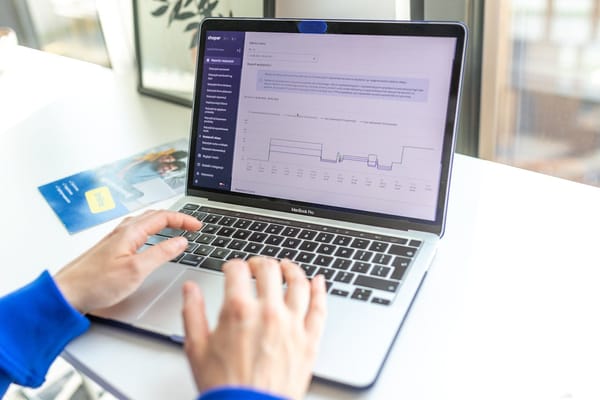Why Neglecting WordPress Upgrades and Security Checks is an Extremely Bad Practice?
Table of Content
WordPress powers over 40% of all websites on the internet, making it a popular target for hackers. Failing to upgrade your WordPress installation and regularly check for security bugs in included packages is not just a risky move; it's a bad practice that can lead to severe security vulnerabilities and hacks.
WordPress frequently releases updates that include security patches, bug fixes, and new features. Ignoring these updates can leave your site exposed to known vulnerabilities that hackers can exploit.
For instance, the infamous "TimThumb" vulnerability—which affected many themes—was patched in later updates. Those who didn’t upgrade remained vulnerable, leading to data breaches and site defacements.

Common WordPress Security Issues
Brute Force Attacks
Weak passwords and default usernames make it easy for attackers to perform brute force attacks, trying numerous combinations until they gain access.
Regular updates often include security features that mitigate such risks.
Remember, hackers knows /wp-admin and /wp-login.
Outdated Wordpress Plugins and Themes
Just as the core WordPress software requires regular updates, so do the plugins and themes you use.
Just like the core WordPress software, your plugins and themes need regular updates. Many hacks exploit vulnerabilities in outdated plugins, allowing hackers unauthorized access.
For instance, the XSS vulnerability in WordPress SEO by Yoast and the insecure file upload in WP GDPR Compliance have led to significant breaches. Keep everything updated to safeguard your site from potential attacks.
SQL Injection
SQL injection (SQLi) is a critical vulnerability in WordPress that allows attackers to manipulate databases through unvalidated user inputs. For example, the 2018 attacks on the WordPress plugin WP Database Backup exploited SQLi, leading to unauthorized data access.
Additionally, in 2020, the Plugin “FormCraft” suffered a major breach due to SQLi, affecting thousands of sites. To protect against SQLi, regularly update plugins, use prepared statements, and validate user inputs.
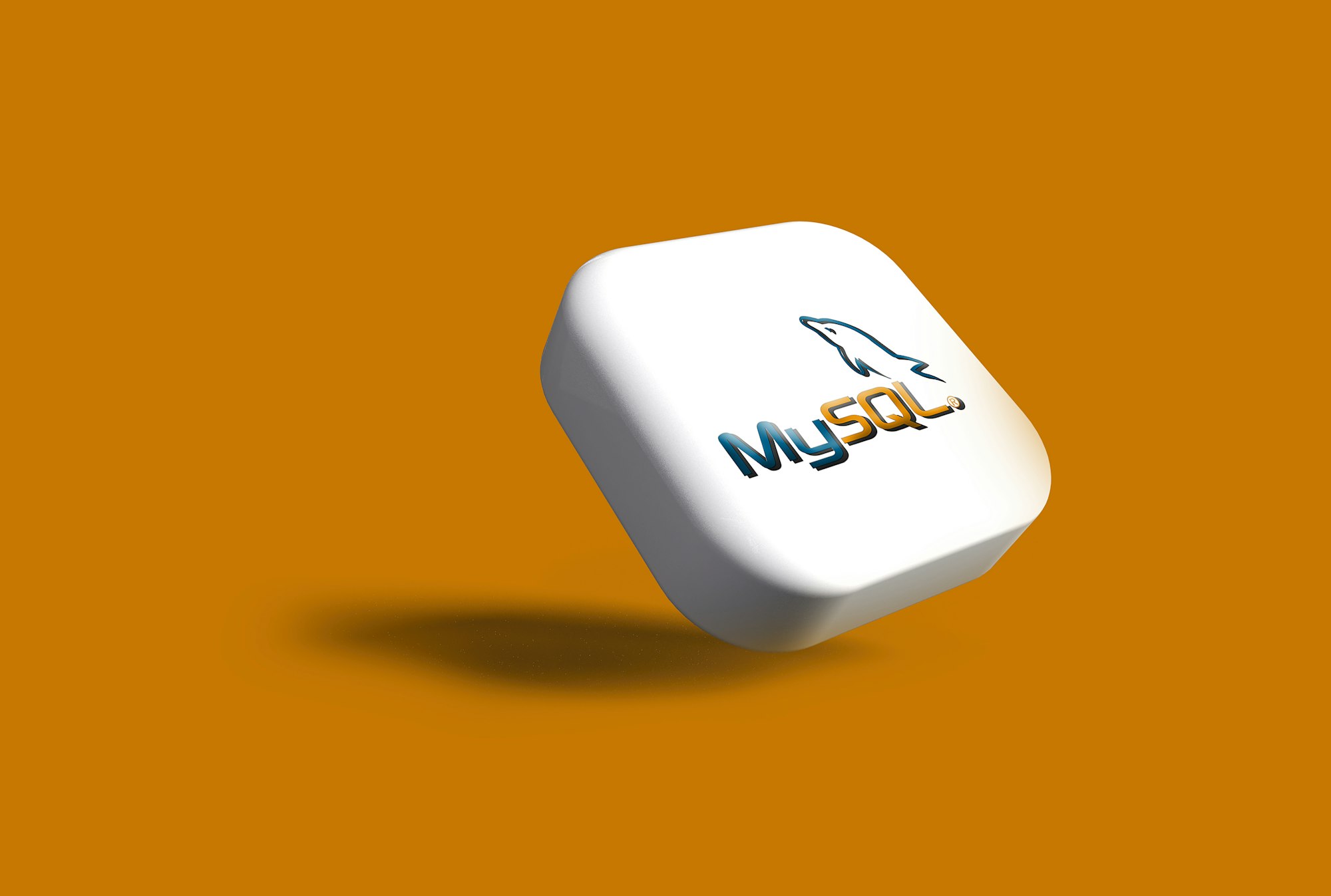
Cross-Site Scripting (XSS):
Cross-Site Scripting (XSS) vulnerabilities in outdated WordPress themes and plugins allow attackers to inject malicious scripts, compromising user data. For instance, the 2017 attack on the WordPress plugin "WP Live Chat Support" exploited an XSS flaw, affecting over 100,000 sites.
Regularly updating and fixing these vulnerabilities is crucial to protect sensitive user information, maintain trust, and ensure site integrity. Without updates, sites become easy targets for malicious actors, leading to severe data breaches and reputational damage.
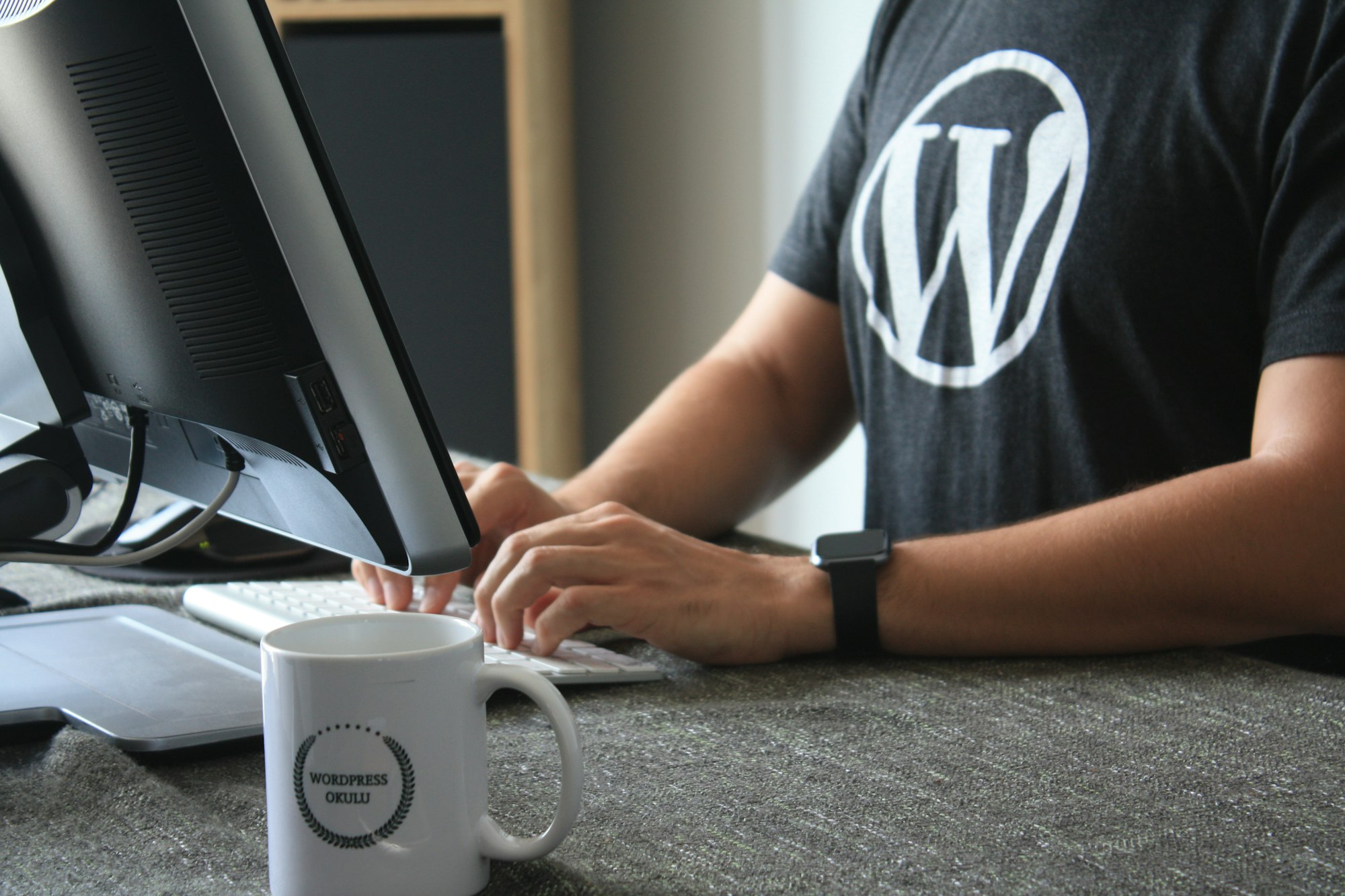
Wordpress Penetration Testing
Penetration testing, or pentesting, is essential for discovering vulnerabilities within your WordPress site. Conducting regular pentests can reveal critical security issues that need immediate attention.
However, if your WordPress installation is outdated, the results may provide a false sense of security.
Identifying vulnerabilities in obsolete software fails to safeguard your site effectively from potential exploitation. Stay proactive by keeping your WordPress updated and addressing the identified flaws to maintain a robust defense against cyber threats. Secure your website and protect your data!

The Consequences of Neglecting your WordPress Install
Data Loss
Failing to upgrade your WordPress site leaves it vulnerable to hackers who can exploit security weaknesses and gain unauthorized access to sensitive information. This can result in significant data breaches, compromising not only your data but also that of your customers.
Such breaches can lead to a loss of trust, damaging your reputation and potentially resulting in legal ramifications if personal data is involved.
Downtime
A compromised WordPress site may be taken offline by attackers or, in some cases, by hosting providers to prevent further damage.
This downtime can severely impact your business, leading to loss of traffic, revenue, and customer trust.
SEO Penalties
Search engines take website security seriously. If your site is compromised, it may be penalized or blacklisted, significantly reducing your visibility in search results.
This can lead to a drastic drop in organic traffic, making it difficult for new and existing customers to find you online. Recovering from SEO penalties often requires time, resources, and a comprehensive strategy to rebuild your reputation and regain lost rankings.

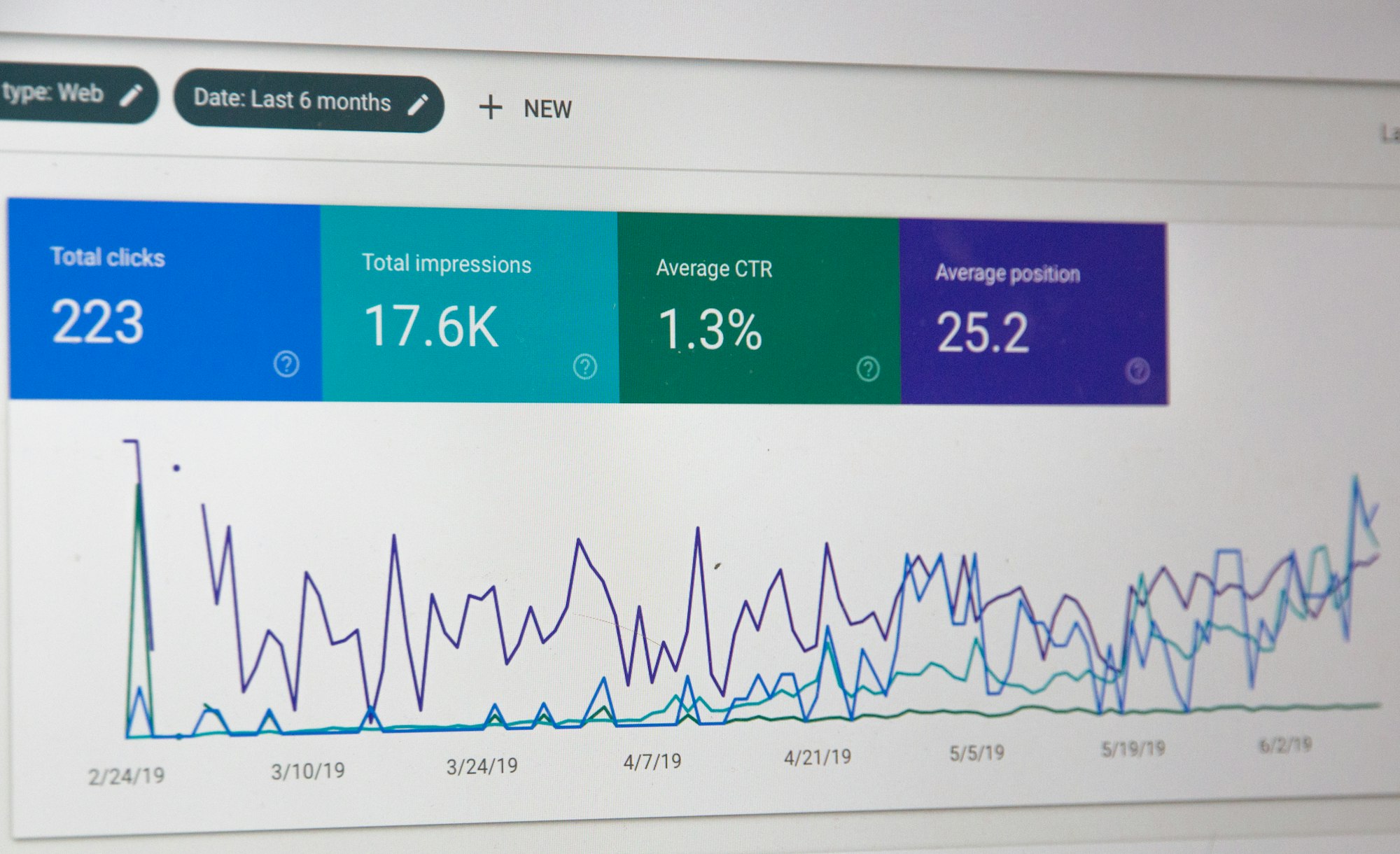
Best Practices for WordPress Security
Use Security Plugins: Enhance your site's defenses by implementing robust security plugins. These tools offer essential features like firewall protection, malware scanning, and monitoring of login attempts.
Popular plugins like Wordfence or Sucuri can help you detect suspicious activity and strengthen your site against potential attacks, ensuring a safer online experience for both you and your users.
Strong Passwords: Weak passwords are an open invitation for hackers. Ensure that all accounts associated with your WordPress site use strong, unique passwords that combine letters, numbers, and special characters.
Consider using a password manager to generate and store complex passwords securely, making it easier to maintain a high level of security across all accounts.
Conduct Regular Pentests: Regular penetration testing is essential for identifying and addressing vulnerabilities before they can be exploited. By simulating attacks on your site, you can discover security gaps and take proactive measures to strengthen your defenses.
Backup Regularly: Regular backups of your website are a lifesaver in the event of a cyber attack or data loss. Schedule automatic backups to an external storage solution to ensure you can quickly restore your site to its previous state.
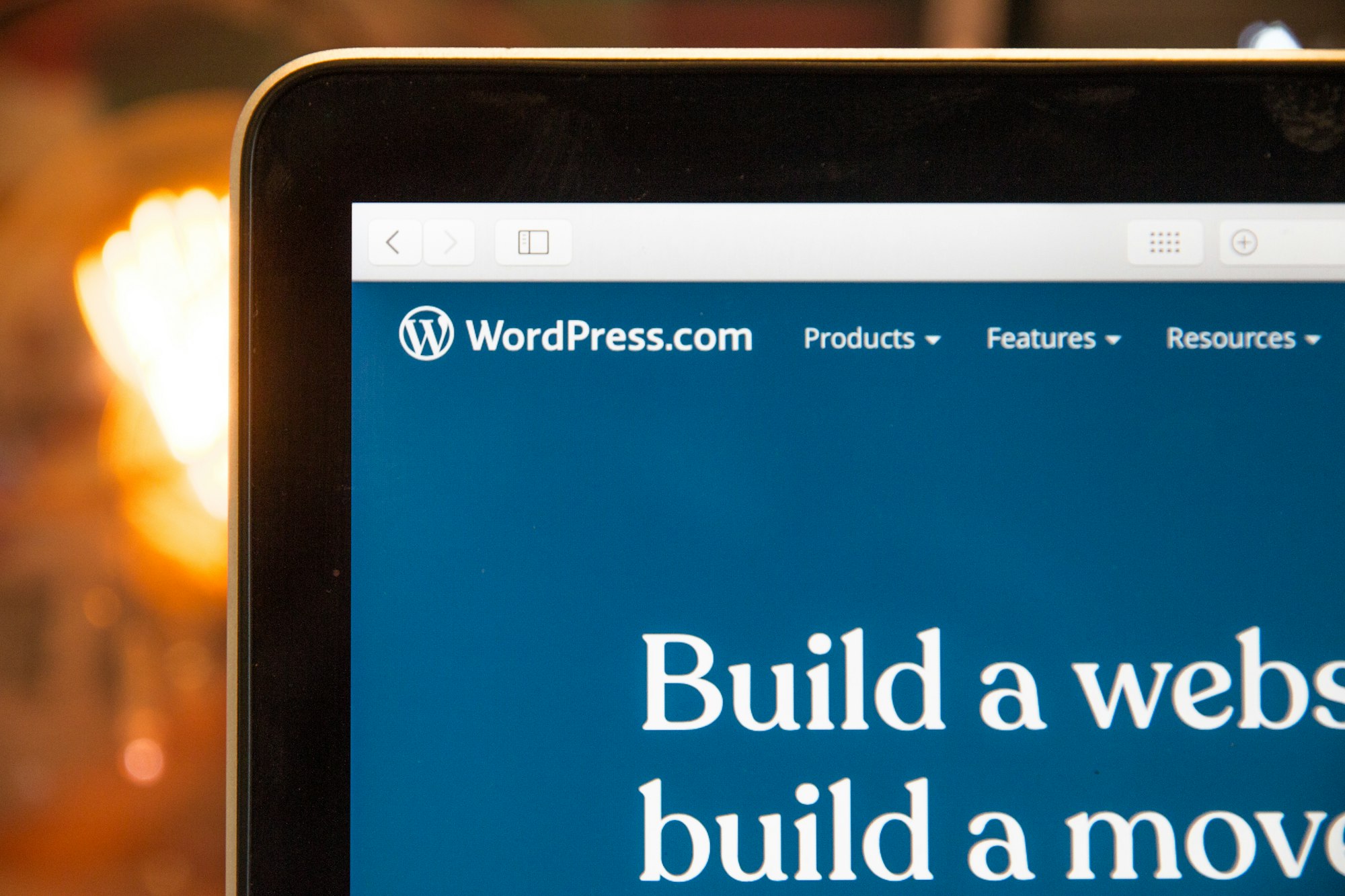
Regularly Update WordPress: Keeping your WordPress installation up to date is crucial for security. Updates not only introduce new features but also patch vulnerabilities that hackers could exploit.
How can we help you?
To help secure your WordPress installations, we offer a range of services including regular software updates, security audits, and vulnerability assessments. Our team can implement robust security plugins, enforce strong password policies, and establish automated backup systems.
Additionally, we provide regular penetration testing to identify and address potential security risks proactively.
By partnering with us, you can ensure a safer WordPress environment, minimizing risks and enhancing overall site integrity.
Final Note
Neglecting to upgrade your WordPress installation and check for security bugs is a dangerous practice that can lead to severe consequences. Regular updates and proactive security measures are essential to safeguard your site from hacks and vulnerabilities.
Remember, a secure WordPress site is not just about functionality; it’s about protecting your brand, your data, and your users. Stay vigilant, and keep your WordPress installation up to date!




